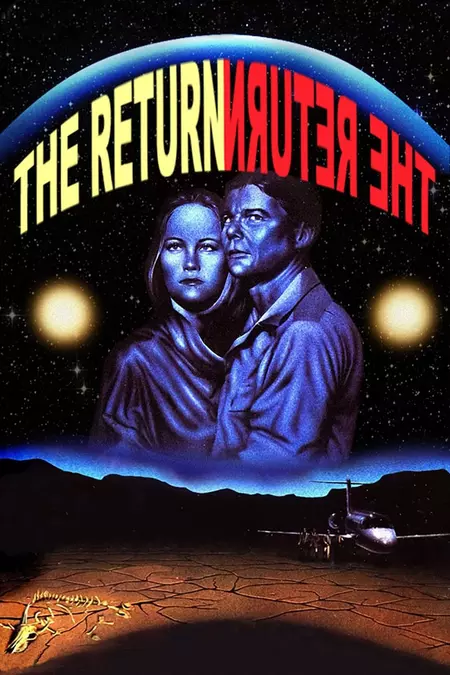The Life and Deeds of the Immortal Vožd Karađorđe (1911)
October 23, 1911Release Date
The Life and Deeds of the Immortal Vožd Karađorđe (1911)
October 23, 1911Release Date
Plot.
Where to Watch.
Cast & Crew.

Milorad Petrović
Karađorđe

Teodora Arsenović
Jelena, Karađorđe's wife

Vukosava Jurković
Karađorđe's mother
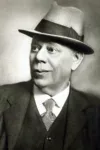
Ilija Stanojević 'Čiča'
Vujica Vulićević / Turkish Pasha / Director / Writer

Dragoljub Sotirović
Hajduk Veljko
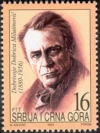
Dobrica Milutinović
Janko Katić

Sava Todorović
Old man Fočo

Persa Pavlović
National woman

Jovan Antonijević

Vitomir Bogić

Mileva Bošnjaković

Ćira Manok
Writer

Svetozar Botorić
Producer

Louis Pitrolf De Beery
Cinematography

Aleksandar Milojević

Dimitrije Ginić

Milorad Savić
Media.
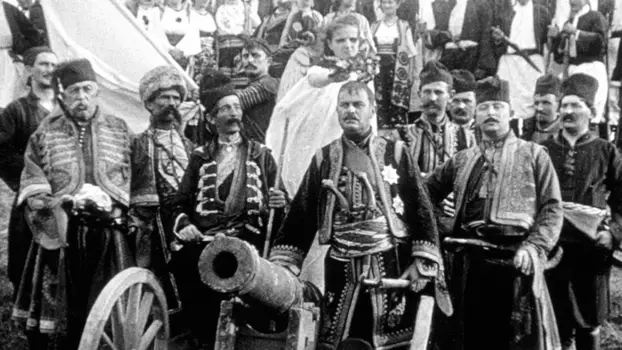
Details.
Release DateOctober 23, 1911
Original NameЖивот и дела бесмртног вожда Карађорђа
StatusReleased
Running Time1h 28m
Genres
Last updated:
This Movie Is About.
Wiki.
The Life and Deeds of the Immortal Leader Karađorđe (Serbian: Живот и дела бесмртног вожда Карађорђа, romanized: Život i dela besmrtnog vožda Karađorđa), or simply Karađorđe (Serbian Cyrillic: Карађорђе), is a 1911 Serbian silent film directed by Ilija Stanojević and starring Milorad Petrović. It was the first feature film released in Serbia and the Balkans. Petrović portrays the eponymous rebel leader Karađorđe, who led the First Serbian Uprising of 1804–1813.
Karađorđe was first conceived by the aspiring film producer Svetozar Botorić, the owner of Serbia's first cinema. Following an unsuccessful attempt to secure government funding for the project, Botorić decided to personally finance the film. Actors from the National Theatre were cast in the leading roles. Botorić had worked with a cinematographer, Louis de Beéry, in the past for filming newsreels, and used him again. Principal photography ran through July and August 1911, and took place in and around Belgrade. The film was well received following its Belgrade premiere in October 1911. Although it was financially successful at home, Pathé opted not to distribute it abroad. The decision steered Botorić into precarious financial straits, as the film's domestic box office revenues were barely enough to cover the cost of production. After several further unsuccessful attempts at getting international distribution for his films, Botorić left the film industry altogether.
In 1928, Karađorđe was last screened to a group of Serbian émigrés living in the United States. The last known copy went missing in 1947 or 1948, and for many decades thereafter, the film was considered lost. In July 2003, a largely intact copy was discovered in Vienna by researchers from the Yugoslav Film Archive. The film was subsequently restored in time to be screened on the 200th anniversary of the outbreak of the First Serbian Uprising, in February 2004. The film underwent digital restoration in 2011; the digitally restored version of Karađorđe was subsequently screened on the 100th anniversary of its release. In December 2016, the Yugoslav Film Archive declared the film to be a piece of "cultural heritage of exceptional importance".
You May Also Like.

The Twilight Saga: Eclipse (2010)

Crocodile Dundee in Los Angeles (2001)
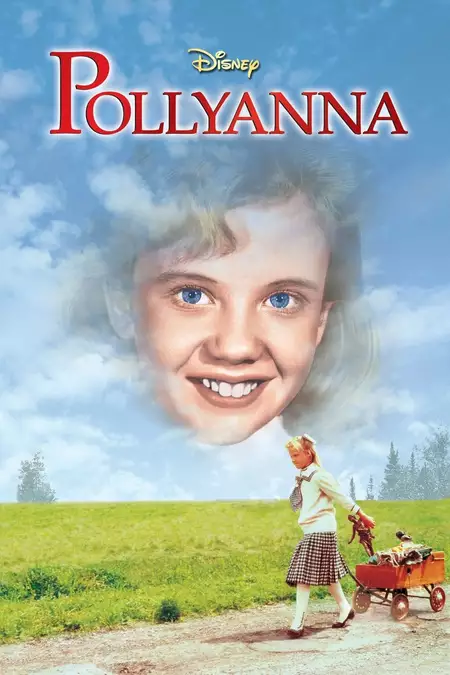
Pollyanna (1960)

A Close Shave (1996)
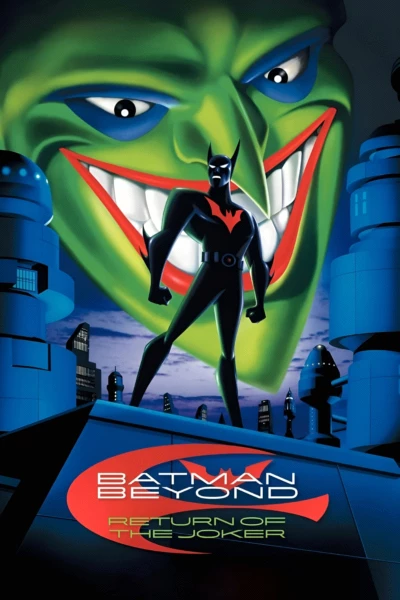
Batman Beyond: Return of the Joker (2000)
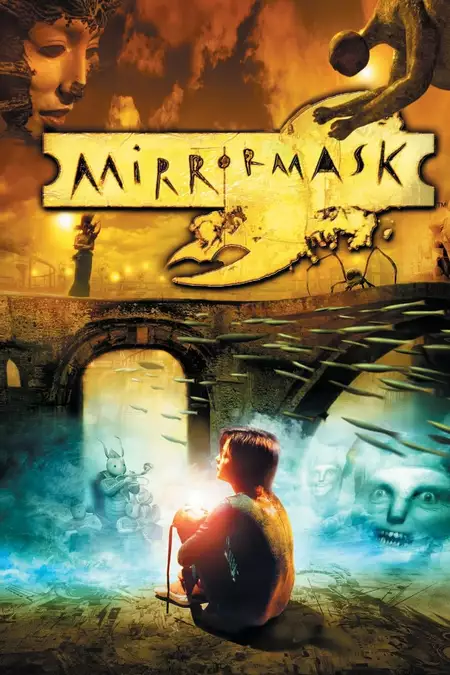
MirrorMask (2005)

Transformers: Titans Return (2017)
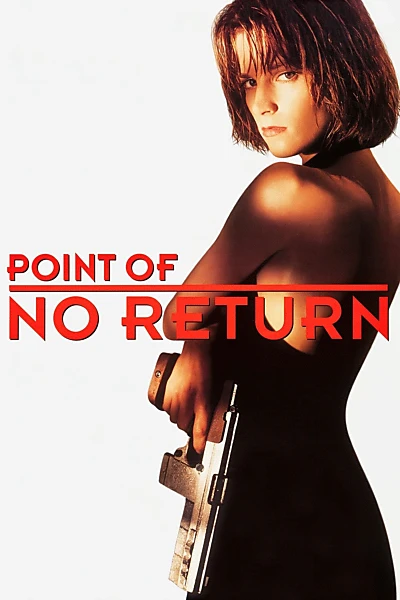
Point of No Return (1993)
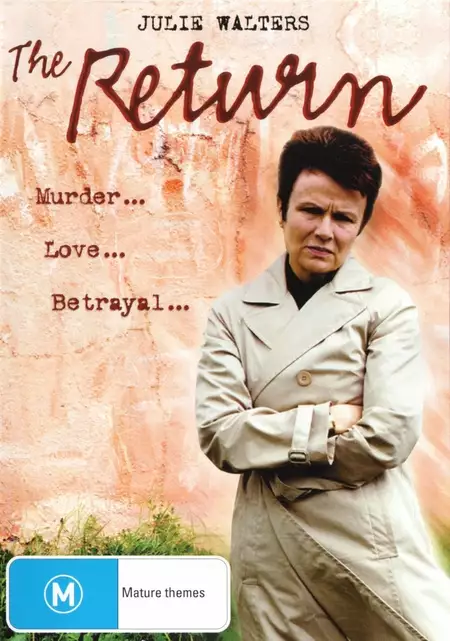
The Return (2003)
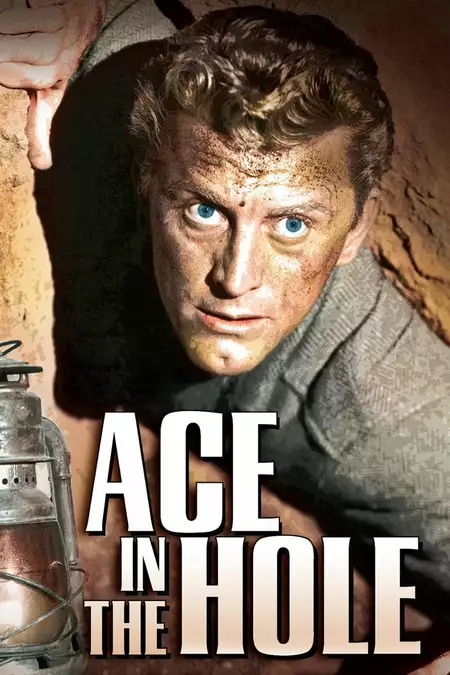
Ace in the Hole (1951)
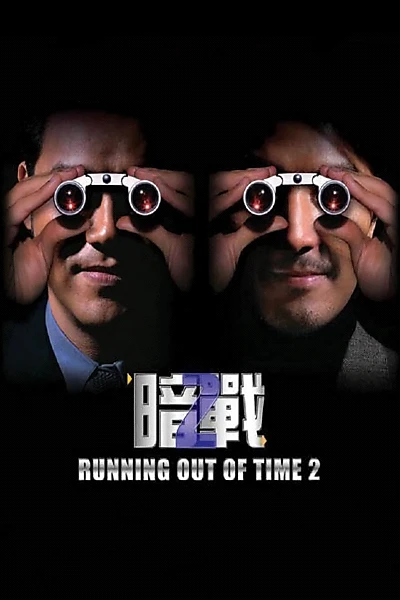
Running Out of Time 2 (2001)

Return of the Killer Tomatoes! (1988)

Return to Nim's Island (2013)

The Way to the Heart (2024)
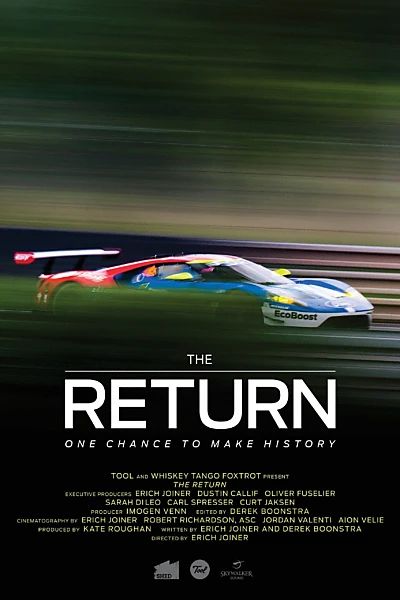
The Return (2017)
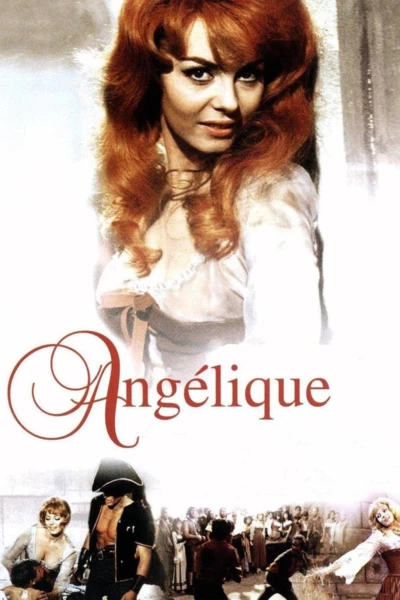
Angelique: The Road To Versailles (1965)

Doodlebug (1997)

Judd Apatow: The Return (2017)
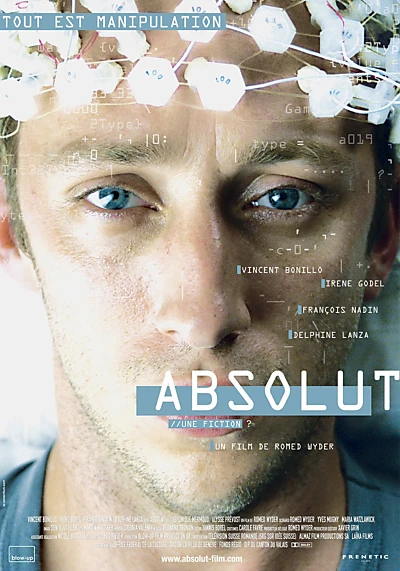
Absolut (2005)
